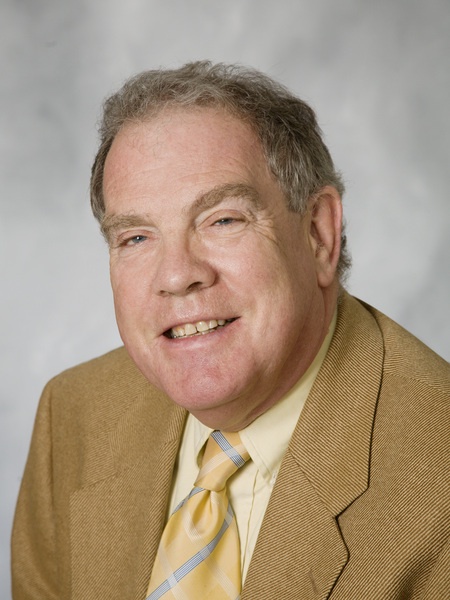Almost 150 men and women who are helping clinical scientists understand the ageing brain and dementia are gathering at the University of Aberdeen today (March 1).
They are attending a reunion of one of the Aberdeen Birth Cohorts - a University research programme which has studied Aberdonians who sat the Scottish Mental Surveys held on June 1, 1932 and June 4, 1947. Every Scottish child aged around 11 sat these mental ability tests on those dates.
Today’s reunion is for the cohort born in 1936 which sat the test in 1947 - 141 members of this cohort will be at the event at the University’s Elphinstone Hall. Five members of the cohort born in 1921 will also be there.
Cohort members - who sat the test at Aberdeen City schools - will hear from researchers who are giving talks about the study. Since 1999-2000 the volunteers have provided researchers with body measurements, blood samples, completed questionnaires and have sat a wide range of mental tests. Almost 250 of them also had MRI brain scans when they were aged 68 and 72. Today they will hear how both cohorts’ involvement over the years has yielded important new findings including:
- A study undertaken when they were aged 68, which showed that the job their father did when they were 11, and their related childhood socio-economic status, is directly related to the size of the part of the brain important for memory
- Research conducted when they were 64 which showed higher blood concentrations of folic acid and vitamin B-12, which are associated with better memory and problem solving ability. This could help identify dietary habits and nutrients to help keep older people mentally sharp
- Lifelong habits that engage your brain help reduce the risk of dementia
Professor Lawrence Whalley, Emeritus Professor in Mental Health, who initially began the study after re-discovering the Scottish Mental Survey test results in 1997, said: “We are absolutely indebted to both of our Aberdeen Birth Cohorts because they are helping further our understanding of the ageing brain and the decline in cognitive function.”
Professor Alison Murray, Roland Sutton Chair of Radiology, who leads the imaging part of the study, added: “If we can understand more about how our brain ages and how some people cope better cognitively than others do in old age, it might help with the development of ways we can try to slow or prevent age related brain disorders in the future.”


